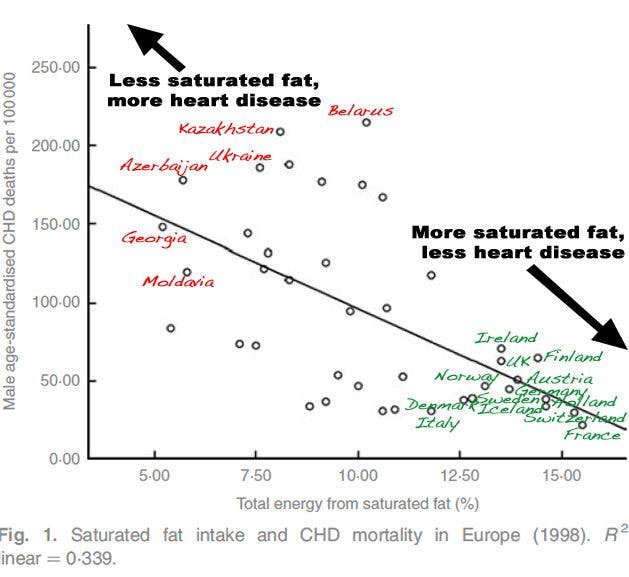Here is another interesting study regarding low carb. This comes from Molecular Systems Biology. Here is a quote from an article about the study on Science Daily:
In research published June 26 in the journal Molecular Systems Biology, Graeber and his colleagues demonstrate that glucose starvation -- that is, depriving cancer cells of glucose -- activates a metabolic and signaling amplification loop that leads to cancer cell death as a result of the toxic accumulation of reactive oxygen speciesThis basically means starving cancer cells of glucose will result in the death of those cells. These are just a few foods that will provide glucose to the body (including cancer cells); fruit, whole wheat bread, table sugar, high fructose corn syrup, candy bars, and sweet potatoes. It is not just sugar that raises blood sugar (also know as blood glucose).
Everyday in our body, new cells are created and cells die. It is known that cancer cells are formed when the creation of new, normal cells go wrong. It is speculated that this happens in everyone. In healthy people, the body recognizes these faulty cells and kills them. In unhealthy people with weak immune systems, the faulty cancer cells proliferate into tumors. If there is a constant supply of glucose, these tumors will continue to grow.
Bottom line is that it would be wise to assure you always have a strong immune system and keep your blood sugar at a healthy but low level. The sad thing is that this is not at all new information. Yet, I rarely here of glucose deprivation as a cancer treatment or prevention.
CP
